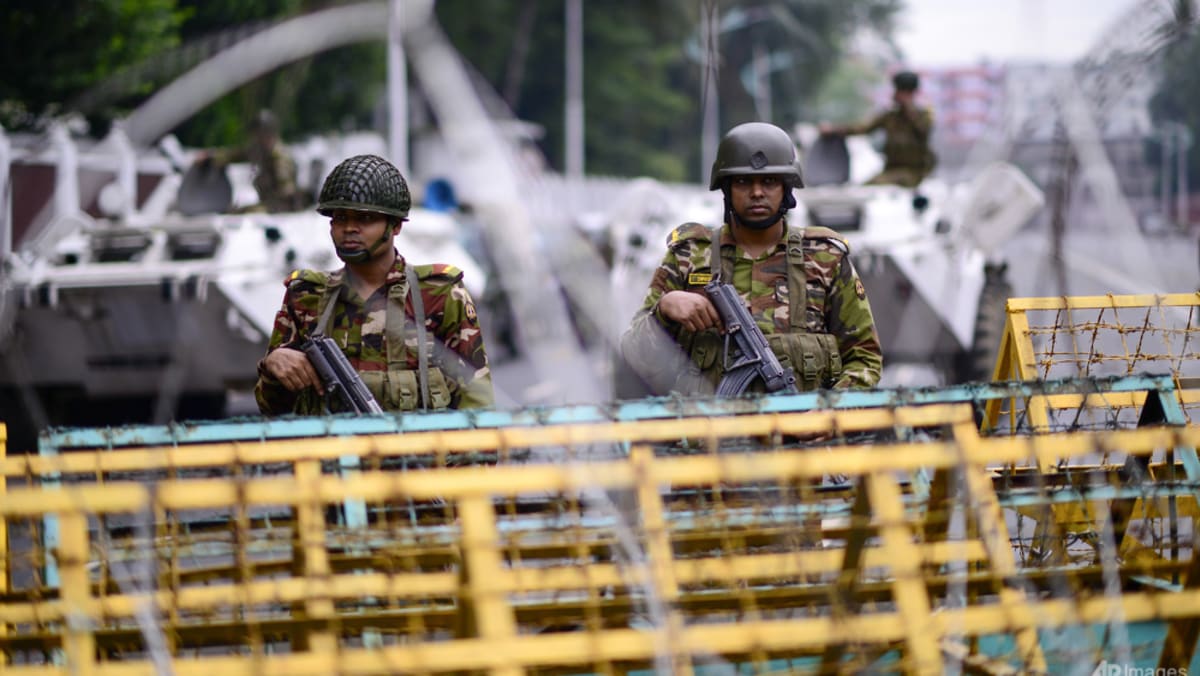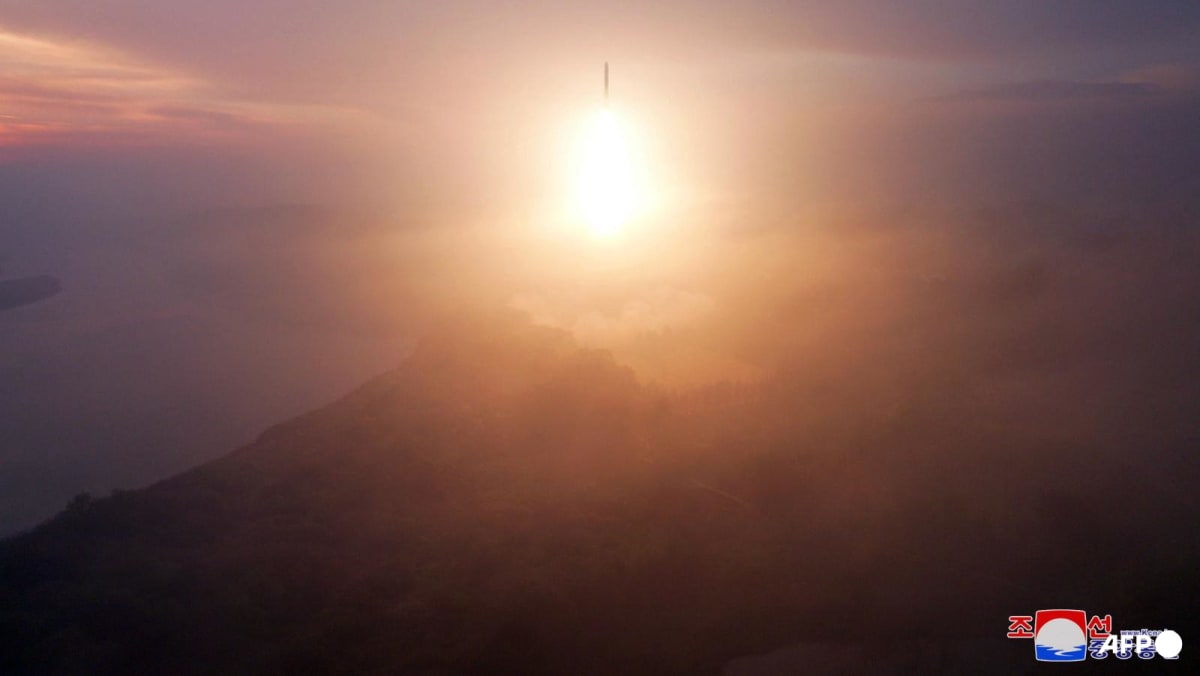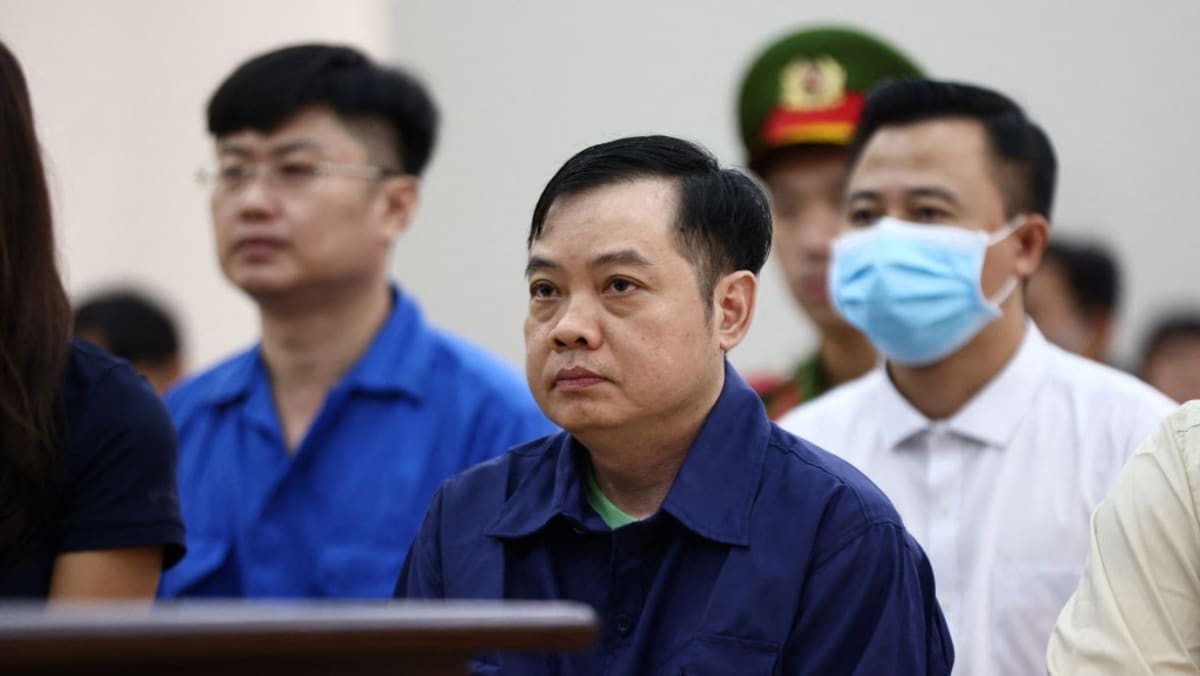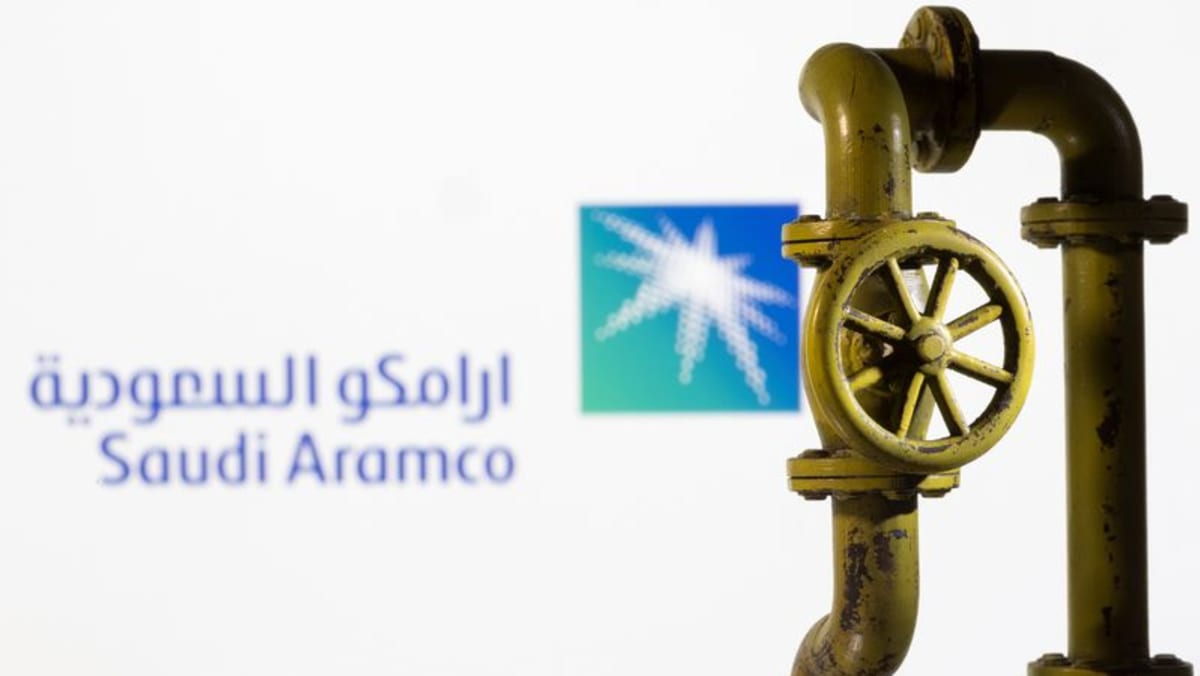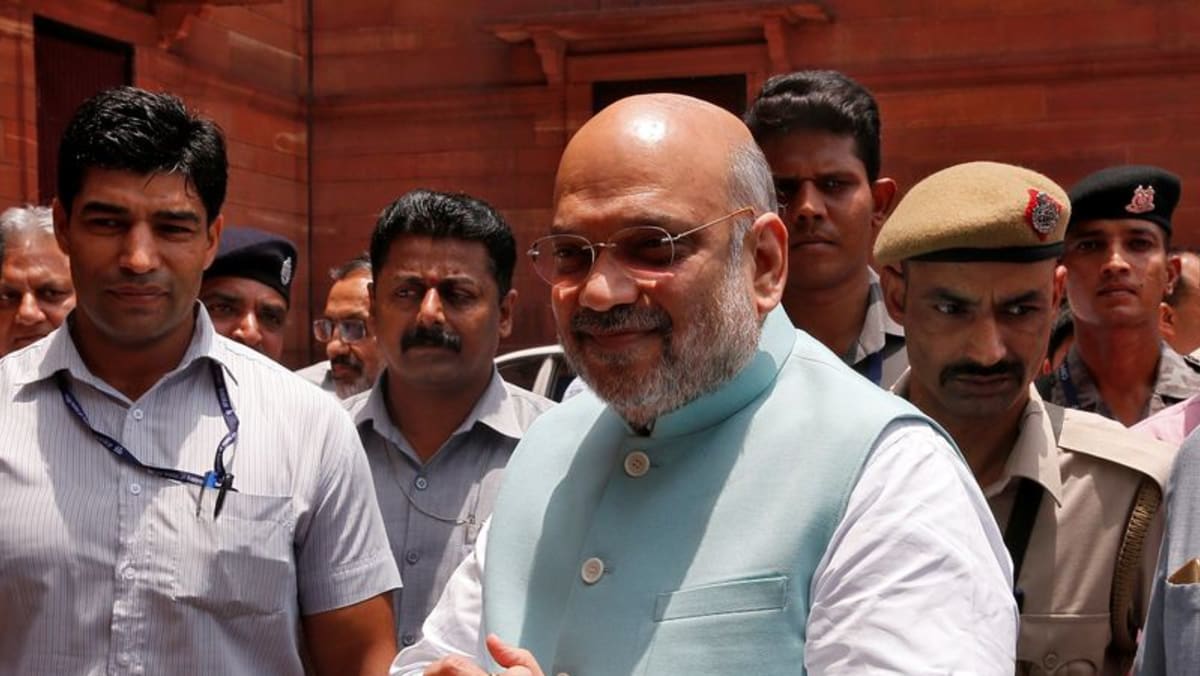How will Beijing respond to Manila’s plans to build on South China Sea reef?

Chinese Foreign Minister Wang Yi and his Philippine counterpart Enrique Manalo held a phone call last month, days after the two countries accused each other of ramming their vessels near the contested shoal.
While China urged the Philippines not to “collude with foreign forces” and “act with caution”, both sides agreed to maintain dialogues to manage tensions.
Zhu said there was space for both sides to communicate as the Philippines had adopted both “tough and soft” approaches towards the South China Sea – “hyping up” its budget plan while using gentler rhetoric when talking about conflicts with China.
Last month, Marcos called for a “paradigm shift” in diplomacy with China over South China Sea disputes, acknowledging diplomatic efforts with Beijing were headed in a “poor direction”.
He also denied Washington was involved in the shoal dispute, rejecting reports that the US had advised the Philippines on repairing the BRP Sierra Madre – a World War II-era vessel that was deliberately run aground on the Second Thomas Shoal in 1999 to reinforce Manila’s claim over the reef.
China has long accused the US of backing the Philippines in the South China Sea. It blamed Washington for escalating tensions in the region after the US upgraded its defence commitment to Manila last year with the aim of jointly countering Beijing in the contested waters.
James Char, a research fellow specialising in China’s defence at the S Rajaratnam School of International Studies at Singapore’s Nanyang Technological University, said Beijing would remain adamant about American influence in its dispute with Manila in the South China Sea.
“Marcos Jn is mindful of framing this dispute as a bilateral issue to be resolved between China and the Philippines for domestic political and foreign policy reasons – to demonstrate his own role in defending Philippines’ sovereignty and territorial integrity as well as not to fuel Chinese official rhetoric that Manila has been acting on US directives,” he said.
Military expert Song Zhongping said China had plans to respond if the Philippines were to follow “US policy to further provoke” Beijing on the South China Sea.
“China hopes that (the two countries) will put aside disputes on the South China Sea issue and jointly develop (the waters), but the sovereignty must belong to China,” he said.
He added that China had “many plans” to address the dispute.
“We are just exercising restraint and want to safeguard the overall interests of China-Philippines relations. But if the Philippines still insists on going its own way and following US policies to provoke, then China will inevitably take appropriate measures to safeguard our national security.”
Beijing and Manila have been locked in confrontations in the disputed waters over the past year, including two ship collisions. The Philippines has accused China of blocking its supply missions to the Sierra Madre and firing water cannon at its ships on multiple occasions.
Beijing has also increased navy patrols in the region and has been accused of installing a “floating barrier” at the contested Scarborough Shoal, known as Huangyan Island in China, to stop Philippine fishing boats from entering the area.
This article was first published on SCMP.
Source: CNA


